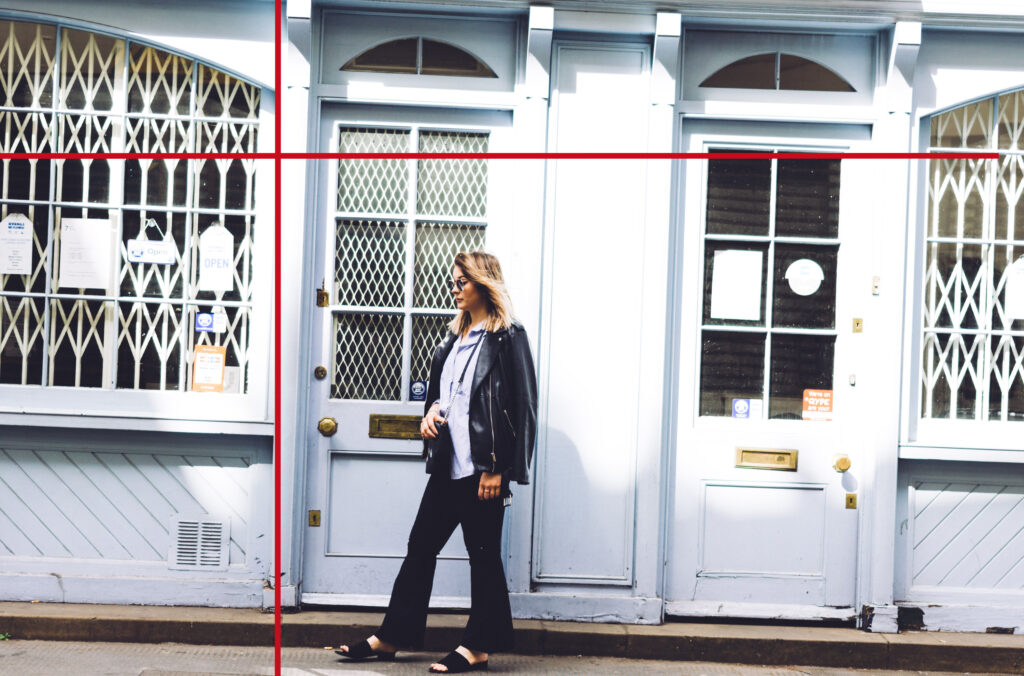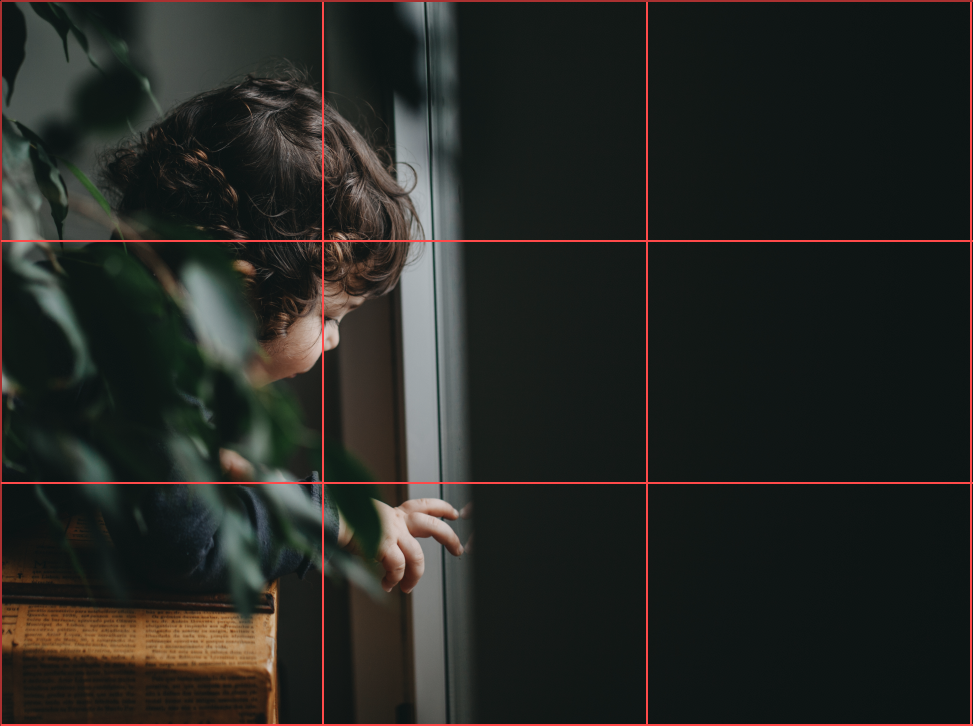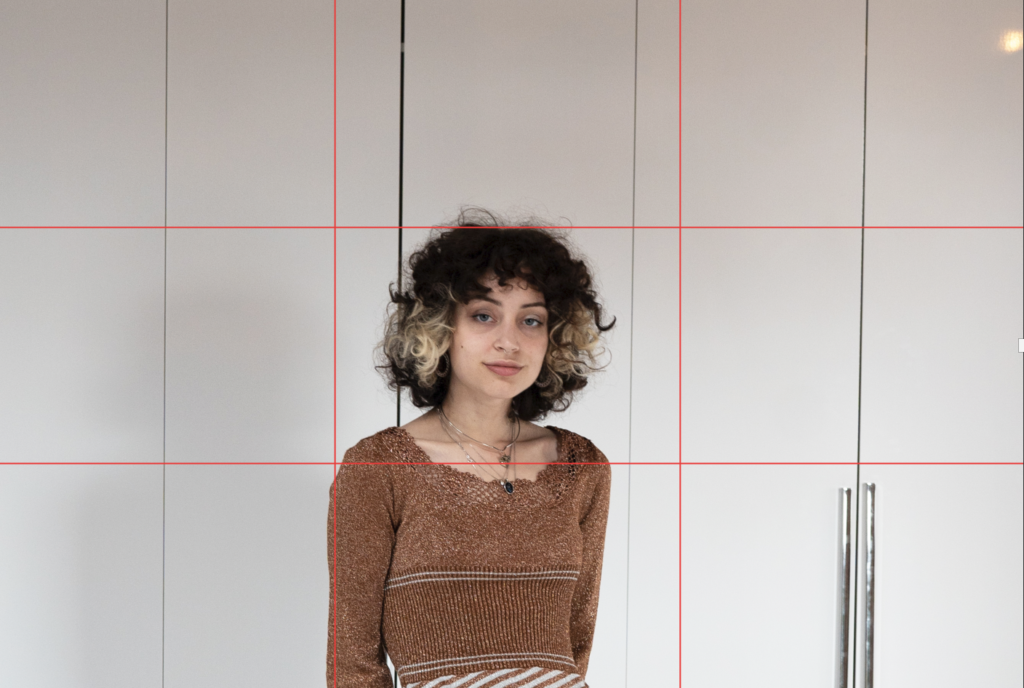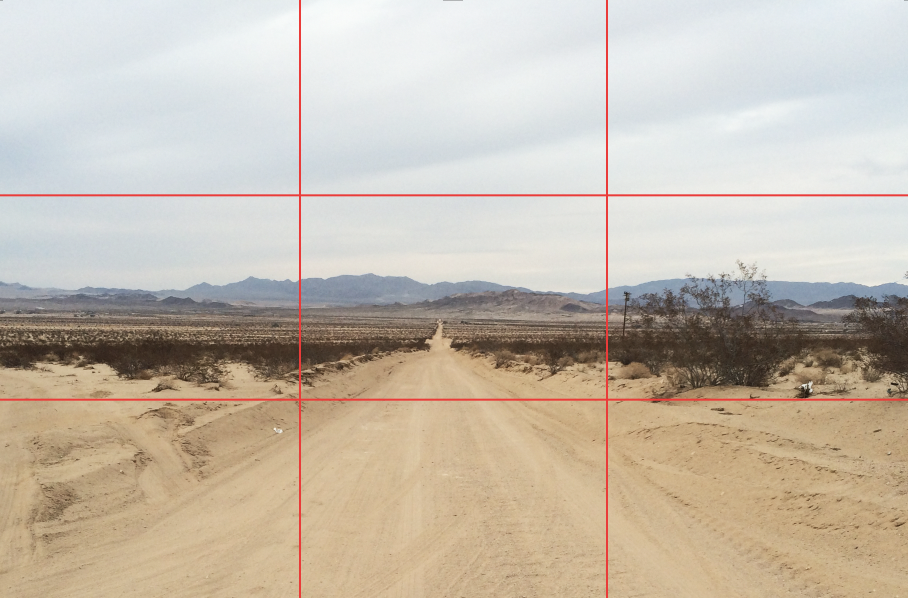Whether you’re a photographer who is new to creating stock photography or a seasoned professional, follow these 6 easy tips to set you up for success in getting your photos accepted to stock photography sites.
1.Highlight your subject
Make sure the subject of your photo is clearly visible and easily recognizable. The subject should stand out from the background and have no distracting elements in the photo. Images with clean backgrounds are very sought after by customers of stock photography.




DO: Clearly show your subject
DO: Make sure your subject stands out from the background
DON’T: include distracting elements in the photo
DON’T: place your subject where they aren’t clearly visible
2. Consider the composition
Make sure that all lines are straight in your photos. Proper orientation of lines such as door frames, edges of furniture, art work, etc. can make or break a good stock photo.
In nature and landscape images, it’s very important that the horizon is not crooked. This is a very simple and easy fix to bring your stock photos from good to great.




DO: ensure that all lines in your photos are straight
DO: make sure that your horizons are straight
DON’T: have crooked lines
DON’T: have crooked horizons
3. Utilize the rule of thirds
The rule of thirds means placing the most important part of your photo in the left, right, top or bottom 1/3 of an image and leaving the other 2/3 of the composition more open. This creates interest and balance and often leaves room for copy space, which is highly sought after for customers who purchase stock photos.




DO: place your subject in 1/3 of the image
DO: Don’t place your subject in the middle of the photo
DON’T: align the horizon with either the upper or lower third of the grid
DON’T: place the horizon in the middle of the photo
4. Use natural color in editing
Photos should be properly exposed, color corrected, and without extreme filters and edits. This is especially important with stock photos as customers prefer natural looking tones.




DO: place your subject in 1/3 of the image
DO: properly expose your subject
DON’T: use extreme color editing
DON’T: over or underexpose your photos
5. Ensure styling is clean
Images of objects or food without people should be appealing and not messy or cluttered. Many users of stock photography need space for text or copy. Clean styling is one of the most important traits in stock photos, especially for social media posts.




DO: photograph food that looks appealing
DO: photograph flat lays with a clean setting
DON’T: photograph food that looks messy
DON’T: photograph flat lays with too many elements
6. Be on the lookout for branding
Make sure images do not have visible references to brands through text, logos or products as these are generally proprietary. Remove logos with photo editing software for optimal stock success.




DO: shoot images that don’t have branding or logos
DO: remove any logos that would be visible in the image
DON’T: shoot items or objects with visible brands
DON’T: show logos or proprietary products
“Do” photos, top to bottom by Anna Fotyma, Flamingo Images, Suzanne Strong, Johnathan Conlon, Paulo Sousa, Carol M. Highsmith, Suzanne Strong, Jacob Lund Photography, Yes Photographers, Tide & Tree, Stefy Gutovska & Flamingo Images
Interested in joining our community of photographers and contributing to Noun Project? Submit your photos and explore our guide to creating authentic, inclusive images.
Click here to download FREE photo shoot production document templates.
Plan your photo shoots out for the year with our free monthly photo shoot guide.
For more photography tips, check out our blog.
Sign up for our photo newsletter to make sure you never miss out on our photography content.




